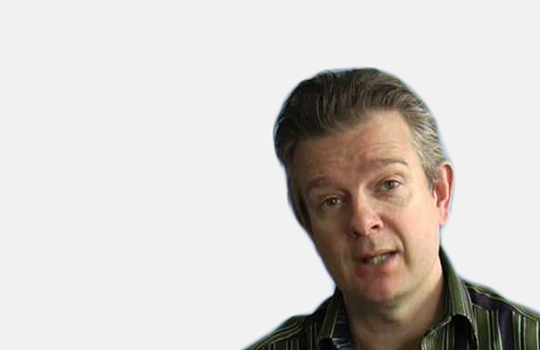![]()
I have just been to a breakfast conversation on genetics and health care. I am not at my best early on, but as the LSE had assembled an impressive list of experts, I made the cold early morning trip to Simpsons on the Strand. The conversation had to do with the likely impact of the genetics revolution on health care broadly conceived.
There were two initial speakers and the trigger debate was conceived as a clash of opposites. On the one side, cheerleading the revolution, Esther Dyson, an American venture capitalist, interested in investing in start-ups in the field. On the other, let us call him a genetics-pessimist, Nikolas Rose, Professor of Sociology at the LSE and interested, in his own words, in ‘what it means to be human today’ – no small interest that.
At first it looked as if the debate was going to die as Esther put down her pom-poms and said we needed to avoid getting our hopes up. The genetics revolution was not going to deliver substantial health benefits any time soon. It was still a long walk from understanding genetic mechanisms to delivering genetic therapies. Rose agreed. Despite decades of hype, there was little to show in the way of health gains.
It wasn’t long however before they managed to find a bit of uncommon ground. Interestingly though it was less about genetics than about cultures, an American capitalist versus a European sociologist, a little mid-Atlantic mixing of oil and water. Dyson saw the commercial possibilities in genetic knowledge. There was profit in the power that genetic knowledge could bring to those who could pay for it. Un-strand our DNA and marvel at the undreamt-of control that we can take over our fates. Rose was wary of the equity costs. Health was a common good and a collective undertaking, not a matter of promoting the agency of the wealthy few. It was a European model of social-risk pooling versus an American model of market liberty. I don’t know much about genetics, and my politics are too ill-thought out to be of interest to anybody, but something struck me very powerfully.
We were served a full English breakfast, and as I had a mild hangover it was just the thing. The biggest influence on our health Dyson admitted was not our genes but our environment, our food, our exercise, our ways and habits of living. Don’t eat the sausage and bacon in front of you, she said, eat the fruit. It’ll do you more benefit in the long run than having your DNA sequenced. Despite all the extraordinary science, despite the billion-dollar investments, the fanfare, the god-like powers, the best way to improve your health is to look after yourself. And as I mollified my hangover with a full English it struck me that that was something we all knew how to do, didn’t we?
Julian Sheather is ethics manager, BMA. The views he expresses in his blog posts are entirely his own.
